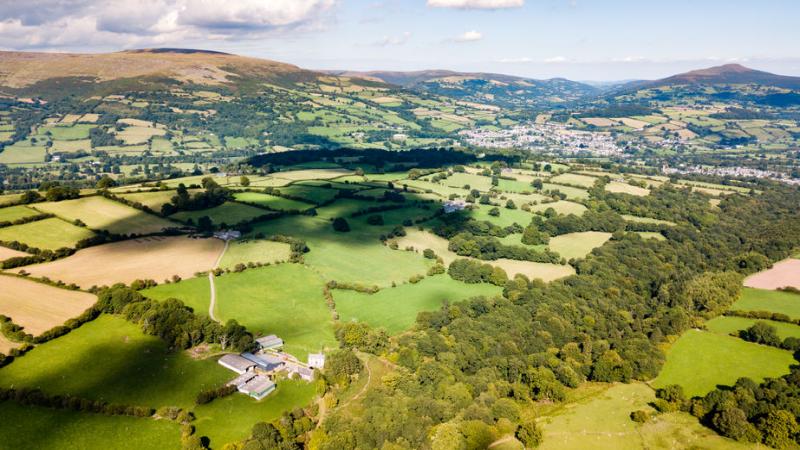Environment Bill 'must not compromise food supply'

The government's newly published Environment Bill must not compromise the UK's food supply, the NFU has warned.
The new bill, introduced to parliament on Thursday (30 January), underlines a commitment to tackling climate change and to protecting the natural environment.
Other measures include new ways to tackle waste crime, seen as a blight on rural communities and costly to agricultural businesses.
Amendments to the Land Drainage Act are also highlighted, providing a mechanism for the expansion of Internal Drainage Board areas with the agreement of local communities.
But the NFU has raised concerns with a number of measures included in the bill, including increased powers to revoke or vary abstraction licences without the payment compensation to licence holders.
Aspects of biodiversity offsetting and the introduction of conservation covenants are also causes for concern, the union said.
NFU environment forum chairman, Phil Jarvis said the government must recognise that food production and land management policies go hand-in-hand.
“This legislation appears ambitious and we will examine the details to get a clearer picture of how the proposed measures are joined up with policies that enhance farmers’ ability to produce food.”
The union's environment advisers will now examine the bill to ensure that it best supports British farmers to protect the environment and continue to produce food at a high standard.
Defra Secretary Theresa Villiers said the UK needs to take 'decisive action' on climate change.
“We have set out our pitch to be a world leader on the environment as we leave the EU.
“The Environment Bill is a crucial part of achieving this aim. It sets a gold standard for improving air quality, protecting nature, increasing recycling and cutting down on plastic waste.
“This will build on the UK’s strong track record as the first major economy to commit to reach net zero emissions by 2050.”








